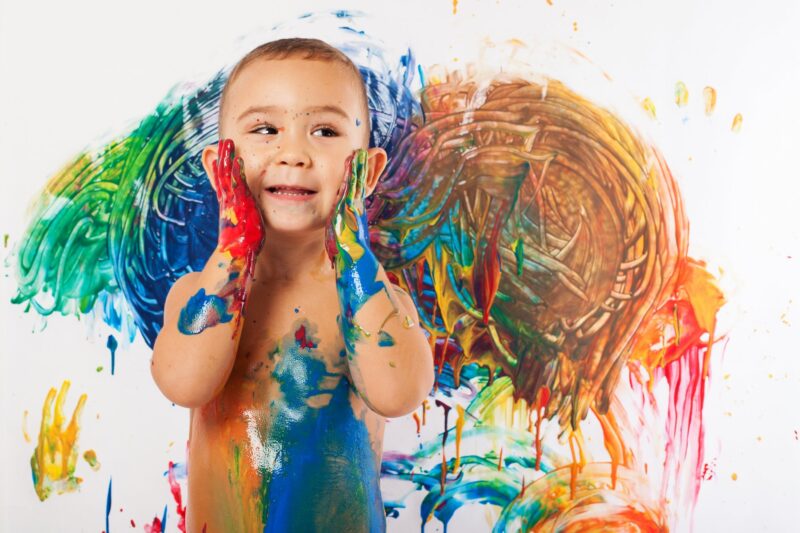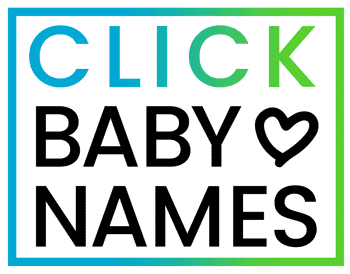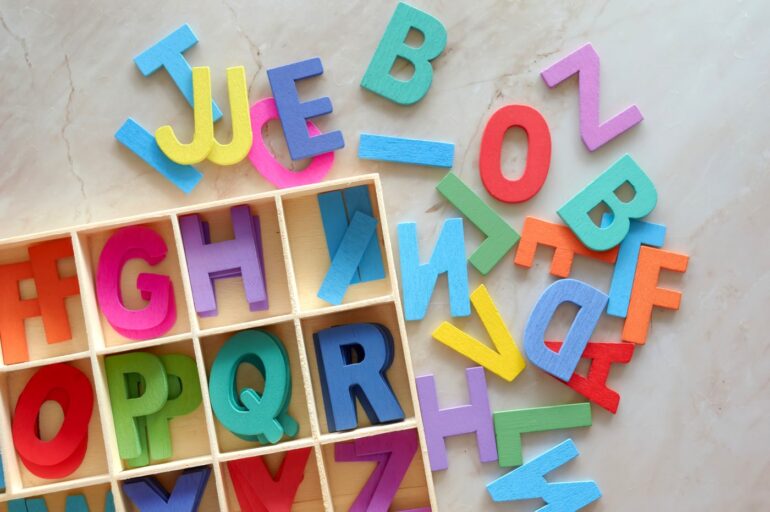Think you’re having a hard time finding the perfect name for your little one — especially when you want something that’s not too plain? Well, it’s not just you: Choosing a distinctive baby name is becoming harder, research shows.
Greater media access, global communication and rising immigration have increased people’s exposure to different names, but also ensures these become common more quickly.
Analyzing baby name trends by the numbers
Using a tool originally created for understanding how genes behave, researchers from the University of Edinburgh in Scotland analyzed trends in the names given to more than 22 million babies born in the UK over almost 180 years, between 1838 and 2016. The research was published in PLoS One in October 2018.
Naming trends were linked to historical events or people in the public eye, experts found. Changes in tradition, multiculturalism and people’s ongoing quest for individuality also played a part.

During the 19th and early 20th centuries, name choices were relatively stable, dominated by biblical names, like John and Mary.
These traditional names became relatively unpopular in the years following the Second World War, when increased migration introduced names of Polish, Italian and Indian origin.
Spikes in popularity for certain names become more frequent in the 21st century, but many of these fell out of fashion because they were over-used.
MORE: 100 girl baby names that are quickly becoming unpopular
The baby name trends survey found that the use of hyphens and variant spelling to make existing names distinct — such as Amelia–Rose, and Rebekah instead of Rebecca — had increased substantially in recent years.
This, the researchers say, demonstrates society’s shifting desire for recognizable, but rare, names.
Stephen J Bush, Research Fellow at the University of Edinburgh’s Roslin Institute, said, “Collectively, shifting patterns of name choice provide a fascinating insight into changes in societal values, personal tastes and ethnic and cultural diversity from the Victorian era to the present day.
“The speed with which modern name choices fall in and out of favor reflects their increased exposure and people’s ongoing desire for distinctiveness.”





